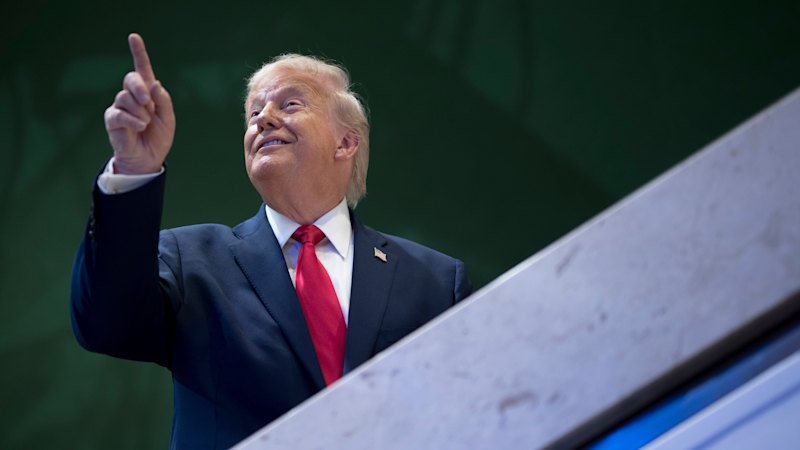
Donald Trump, the former U.S. President, has found it far more challenging to resolve international conflicts, such as those in Ukraine and Gaza, than he anticipated during his election campaign. However, he may soon discover that managing foreign military conflicts is less daunting than the trade wars initiated by the United States itself. While his scheduled meeting with Vladimir Putin in Budapest has been canceled, the real test of his deal-making prowess lies in his upcoming encounter with China’s President Xi Jinping in South Korea on October 29 or 30. The intensifying trade war between the U.S. and China sees China holding a stronger hand.
The dynamic between Trump and Xi contrasts sharply with Trump’s interactions with other global leaders. With European leaders like Emmanuel Macron, Sir Keir Starmer, and Giorgia Meloni, Trump perceives a power imbalance in his favor, bolstered by America’s robust economy and military. However, when dealing with China, Trump faces a nation that matches the U.S. in power and is unafraid to wield it. The trade war between the world’s two largest economies, which together account for 40-45% of global GDP, has escalated since Trump imposed high tariffs on Chinese imports during his first term, prompting retaliatory tariffs from China.
The Trade War’s Evolution
The initial trade war primarily affected direct U.S.-China trade, diverting business to other countries. However, the current conflict poses a threat to the global economy as it shifts focus from bilateral tariffs to export controls on critical minerals essential for high technology production. These minerals are vital for manufacturing magnets, batteries, and semiconductors.
China’s dominance in this sector is significant. It accounts for approximately 70% of the world’s rare earth mining and a staggering 90% of the processing of these minerals. This control extends to 93% of the global manufacturing of advanced magnets. The dependency on Chinese suppliers is pronounced in both Europe and the United States, making the trade war particularly impactful.
China’s Strategic Advantage
This dependency stems from the low costs and China’s willingness to accept environmental pollution, making it an attractive source for these minerals. However, China has incrementally imposed export controls on these critical minerals throughout the year, recently expanding these controls to a broader range of minerals and products containing them. These restrictions apply globally, potentially inciting international frustration with Trump for instigating the conflict.
In response, Trump threatened additional 100% tariffs on Chinese goods if the export controls persist. However, American manufacturers, whose supply chains heavily rely on Chinese minerals, may pressure him to relent. Both nations stand to suffer if the trade war escalates further, with rising costs threatening American factories and Chinese exporters losing sales. Prolonged conflict could spur investment in alternative sources in Australia, Latin America, or elsewhere, diminishing China’s long-term monopoly.
Potential Outcomes and Implications
A truce could emerge from the Xi-Trump summit in Korea or shortly thereafter. The critical takeaway is not the specific outcome but the recognition of a power struggle between two equals, with the rest of the world as mere spectators. While China may not yet rival the U.S. militarily, its economic power is formidable.
“China is the only country that has proved willing to retaliate against Trump’s tariffs in any serious way, because unlike the European Union it has the power to do so and is sufficiently resilient in political terms to be able to absorb the potential costs.”
If a truce is achieved, it would be a positive development. However, the implications of this power struggle are significant. Should China successfully leverage its export controls to compel Trump to back down, it may be emboldened to challenge the U.S. in other areas, such as the Philippines, Taiwan, or the East and South China Seas, potentially triggering a military conflict.
Strategic Concessions
Alternatively, Trump might feel compelled to make concessions to Xi, possibly affecting the sovereignty of Taiwan or America’s stance in the South China Sea, which could have dire consequences for nations reliant on the trade routes passing through these waters. Such moves could jeopardize the interests of countries dependent on the one-third of global trade that traverses the South China Sea.
As the world watches this high-stakes negotiation, the potential for a shift in global power dynamics looms large. The outcome of the U.S.-China trade war will not only impact the two nations involved but could also redefine international trade and geopolitical alliances for years to come.





